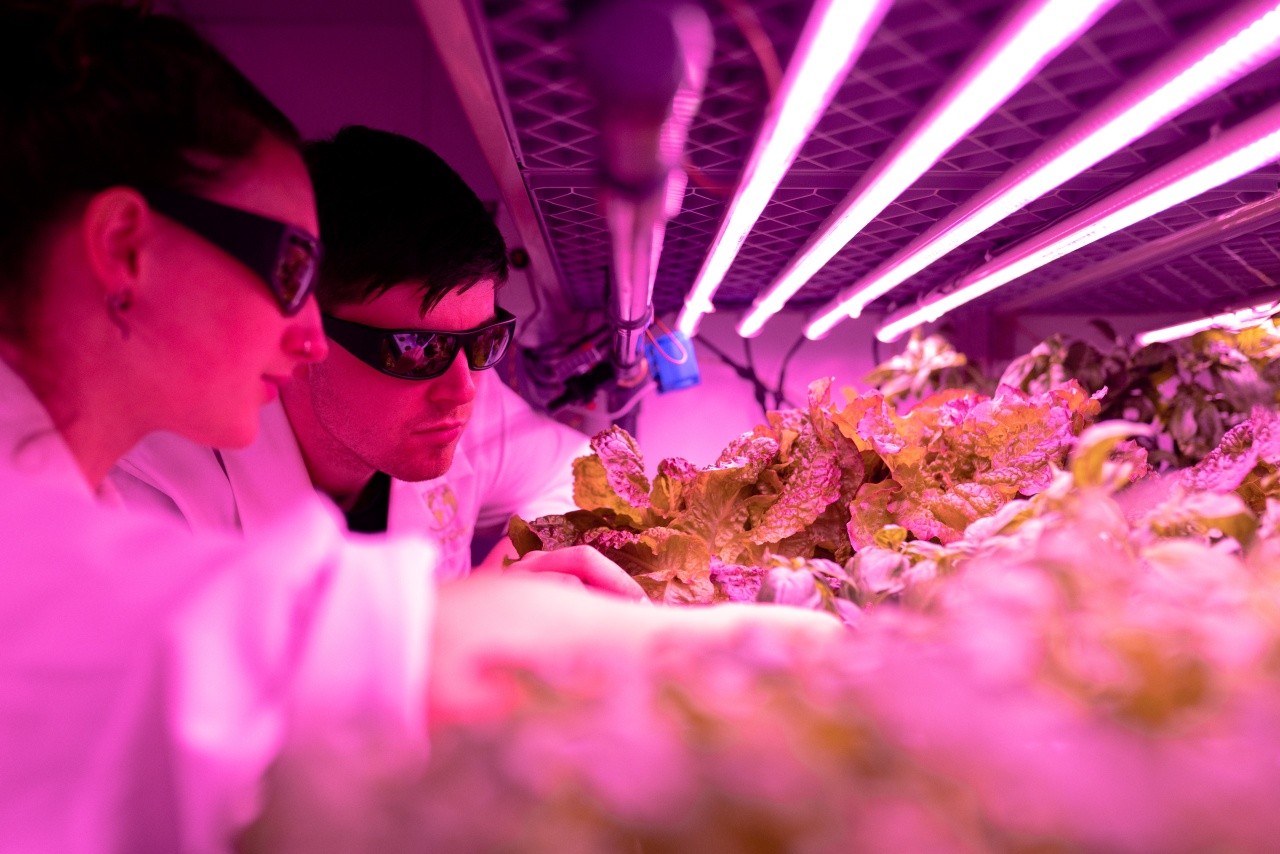We talk with Neil McAra and Steve Alexander of financial advisors Findex, who help startups and investors collaborate on bringing innovative and profitable New Zealand agritech to the world.
First, let’s look at the broader picture: what is the importance of agriculture to the national economy, and what trends are taking place?
Agriculture has traditionally underpinned the economy, but the country diversified from the 1980s onward. Pre-pandemic, tourism began to
challenge the dairy sector as the largest export earner, and we had a booming foreign education industry, along with computer and information services and intellectual property. COVID-19 brought agribusiness back into play, with the primary sector largely holding the economy together, along with double-digit growth in the sale of ICT software and services (over $13.0 billion in 2021).
Agribusiness is far more diverse than before, which is great for Aotearoa New Zealand’s global brand, offering some resilience against specific sector downturns. For example, the downturn in strong wool has seen new innovations in wool (such as animal fibre composites by Keravos Technology) and agritech innovators selling ITC software and services abroad.
What are the challenges that New Zealand agritech businesses face in raising capital or funding?
Access to capital and workable capital structures is critical. The 2008 global financial crisis knocked out a lot of the formal early-stage funding finance, and changes to the Overseas Investment Office (OIA) and its application have created some capital challenges.
However, an active private capital market and greater public-sector support for the agritech space, in particular where it intersects with emissions reduction or other environmental outcomes, have balanced the field. Additionally, Kiwi entrepreneurs are now more able and willing to use global equity markets to support their products to commercialisation off the back of our strong brand as innovators and world leaders in agribusiness.
How does the current environmental and economic landscape (climate change, emissions trading schemes, ESG, productivity goals for the growing world population, etc.) affect agritech businesses financially?
This has two fronts: one being business- and industry-driven technological development to satisfy consumer demand for better, safer products and more efficient and user-friendly business operations; the other being compliance- or regulatory-driven change.
Climate policy changes add compliance requirements that in turn fuel demand for new technology. Awareness of other issues, and their societal and commercial impact, has also sparked more innovative agritech solutions.
From HR solutions to food safety and animal health, our agritech innovators develop products that make farmers and growers lives easier and their business more efficient, while delivering better-quality products to consumers. In response to market demands, our agritech businesses are well placed to achieve increased export revenue from production as well as through selling the technology and IP offshore.
What makes New Zealand agritech sector attractive for international investors?
New Zealand offers several unique selling points. First, New Zealand is a great test market, for many reasons. Though our farmers and growers are world leaders in many areas, they are not saturated with technology. This means there is still room for improvement and to test and try new ideas – and we’re small enough in scale to be manageable for product testing and early commercial release.
That said, we have an outsized agricultural sector for the size of our economy, and in certain sectors we have the scale to commercialise technology profitability domestically.
Second, we have a strong, government-backed research and development sector with a solid public university system to support R&D. We have a sound regulatory framework to facilitate commerce and protect IP, a well-educated and agricultural sector workforce, and we have high connectivity even in rural areas.
As late as five to ten years ago, the tech space was in the shed, helping farmers divert their cattle through races and scanning. Today, there’s such a breadth and depth in the sector, with innovation coming from all angles – whether it’s new tools to gauge the health and condition of cattle, sensor-based orchard management solutions, or reducing agriculture’s environmental impact, or the smart application of fertilisers.
The regulatory framework has kicked innovation into gear, and New Zealand is seen as being at the forefront. This is an exciting time for agribusiness.
Find out more
Contact our team to learn more about investment opportunities in agritech in Tāmaki Makaurau Auckland, New Zealand.
DISCLAIMER: This article provides general information on potential investment opportunities in Auckland and is not intended to be used as a substitute for financial advice. The views and opinions expressed are those of the relevant author, and do not necessarily reflect the views of Tātaki Auckland Unlimited. Tātaki Auckland Unlimited disclaims all liability in connection with any action that may be taken in reliance of this article, and for any error, deficiency, flaw or omission contained in it.
